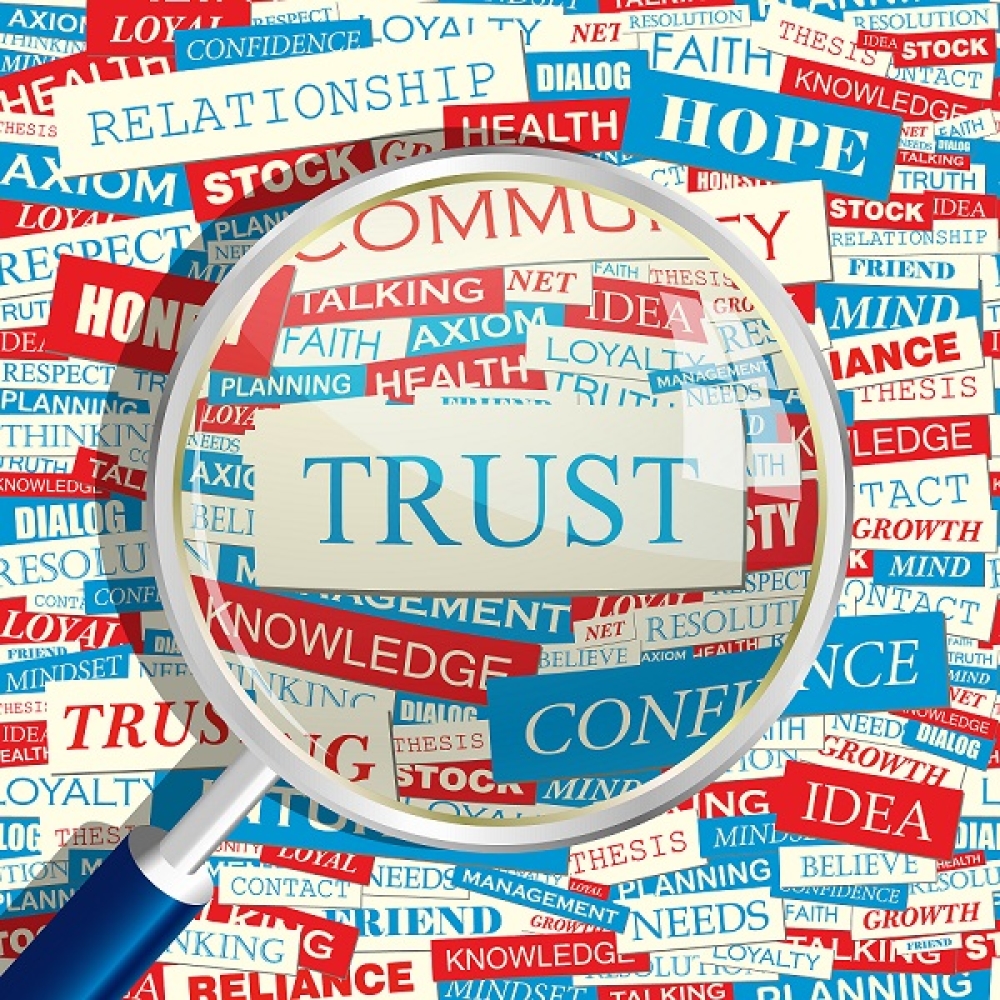What has Purpose, Trust and Reputation got to do with Marketing?
03 Aug 2015

The Marketing review of ‘from mad men to sad men’ is a new report from the IPA Client Relationship Group, expounding Hall & Partners research into the concerning rift, in fact chasm between what clients and agencies think of each other.
‘Twas ever thus’ is my reaction from 40 years in business, both in ‘Client’ and ‘Agency’ organisations.
And it’s very difficult to heal the chronic rift,
1) Because the business models are completely different, with many stakeholder interests, KPIs and targets that clash.
2) Because ‘marketing supply’ as a profession is its own hostage to fortune (how many other professions do you know where so much is given away so freely to try and win business from enquiring or inquisitive clients?).
3) Because clients tend to have inflexible budget and responsibility silos that agency departments struggle to dovetail.
What really caught my eye was Richard Morris’s comment here on Linked In where he describes how management consultancies like PwC are taking the high ground on commercial thought leadership around embracing ‘Purpose’ as a ‘sense of existence’ – e.g. responsibility, doing good, balancing stakeholder and societal needs, collaboration, building trust.
This is a massive ask. Living and breathing a ‘commercial purpose’ within society and communities is a cerebrally challenging remit (alongside building a P&L, strengthening a balance sheet and delivering positive short term result expectations).
Come on. Is this really realistic for the majority of businesses? Won’t people see through it as the latest competitive tactic by corporates to woo them?
Today, people are more educated, liberated and empowered because of technology.
Man can destroy planet earth in a day and this contains some sort of balance of power and sensibility.
Today, educated people frown on exploitation by the few at the expense of many.
Today, media and whistle blowers expose transgression of decency in an instant and people share it creating viral waves across the ether.
The world is smaller and more fragile.
Today, there are fewer places to hide.
So, open collaborative discussion is a must for trust.
This may come as no surprise; that during my two decades in data, marketing and consultancy services I have found that the bigger and/or older the organisation, the harder it is to adapt.
Usually there are lots of legacy issues and entrenched positions that frustrate change unless crisis looms.
I don’t profess to have the answer; however there is an interesting attitudinal dynamic that can make a significant difference.
It has to be embraced by C-suite and pervade organisational culture. (This is one reason why organisations like John Lewis have come of age, because their ‘partnership’ dna incorporates mutuality).
The most meaningful impact a person, a group of people or an organisation of people can have is to treat other people the way other people want to be treated, not how you think they want to be treated.
The purpose is to connect more productively and enjoyably with other people.
This should help people create more fulfilment in themselves and others
In short, build trust. Both inside an organisation and outside.
Respect for data, how it is interpreted and then used is a crucial part of the transformation process.

Please login to comment.
Comments